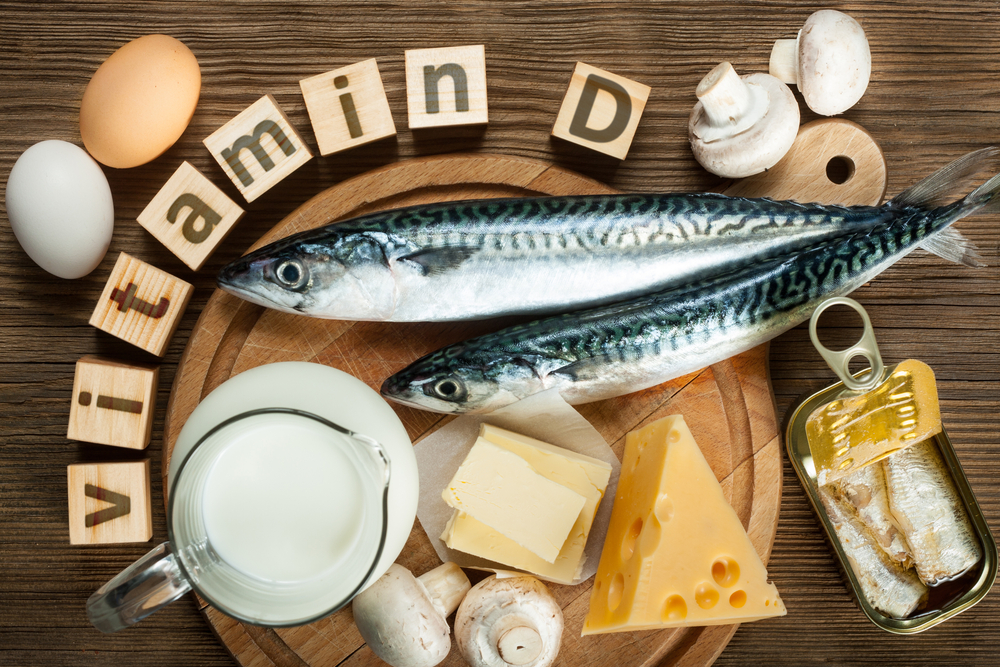Question: I’ve always been told I need to supplement with vitamin D—meaning buying and taking tablets. I understand our body doesn’t produce this vitamin on its own, but is there a way to supplement it naturally through food instead of taking supplements?
Answer:
That’s a fantastic question, and it’s one that many people are asking, especially during the darker months when sunlight is limited.
Let’s clarify one thing first: our bodies can produce vitamin D, but only when our skin is exposed to sunlight, specifically UVB rays. That’s why it’s often called the “sunshine vitamin.” However, for those of us living in northern climates like the UK, from October to March, the sun simply isn’t strong enough for our skin to make enough vitamin D. That’s where the need for supplementation comes in.

☀️ Can we get vitamin D from food?
Yes, some foods do naturally contain vitamin D, and others are fortified with it. But the amounts are often quite small. Here are some of the best dietary sources:
- Oily fish such as salmon, mackerel, sardines, and herring are the richest natural sources.
- Cod liver oil – extremely high in vitamin D (and also vitamin A).
- Egg yolks – they contain some vitamin D, especially from free-range hens exposed to sunlight.
- Liver – provides a small amount.
- Fortified foods like some breakfast cereals, plant milks (soy, oat, almond), and margarine – manufacturers often add vitamin D.
However, even with a balanced diet that includes these foods, it can be very difficult to get enough vitamin D from food alone, particularly in winter. According to the NHS and many nutrition experts, food sources typically provide only 10–20% of the recommended daily intake, unless you eat oily fish almost every day.
💊 Do we really need supplements?
In most cases, yes, especially from October to March. Public Health England recommends that all adults and children over the age of 1 take a daily 10 microgram (400 IU) vitamin D supplement during these months. This is to maintain healthy bones, muscles, and immune function.
Dr. Michael Holick, a leading expert on vitamin D and author of The Vitamin D Solution, explains:
“Most people simply cannot get enough vitamin D from food or sun exposure, particularly in winter. A small daily supplement is the most reliable way to prevent deficiency.”
🌿 Can you do it “naturally”?
If you want to avoid tablets, you can:
- Try vitamin D sprays, which are absorbed through the mouth lining and don’t require swallowing pills.
- Prioritise vitamin D-rich foods, especially fish and fortified products.
- Spend time outdoors in summer (without sunscreen for short periods) to help your body build up some reserves.
- Speak to your healthcare provider about regular testing, especially if you’re at risk of deficiency (older adults, people with darker skin, or those who cover most of their skin outdoors).
In summary, yes—vitamin D exists in food, but it’s challenging to get enough from diet alone. That’s why supplementing during the darker half of the year is not only common but officially recommended in the UK and other northern countries. Whether it’s a tablet, spray, or fish-rich diet, the goal is the same: keeping your bones strong, your immunity sharp, and your mood balanced through the seasons.
Got more nutrition questions?
Ask Nika – I’m here to help you stay informed and feel your best all year round.
